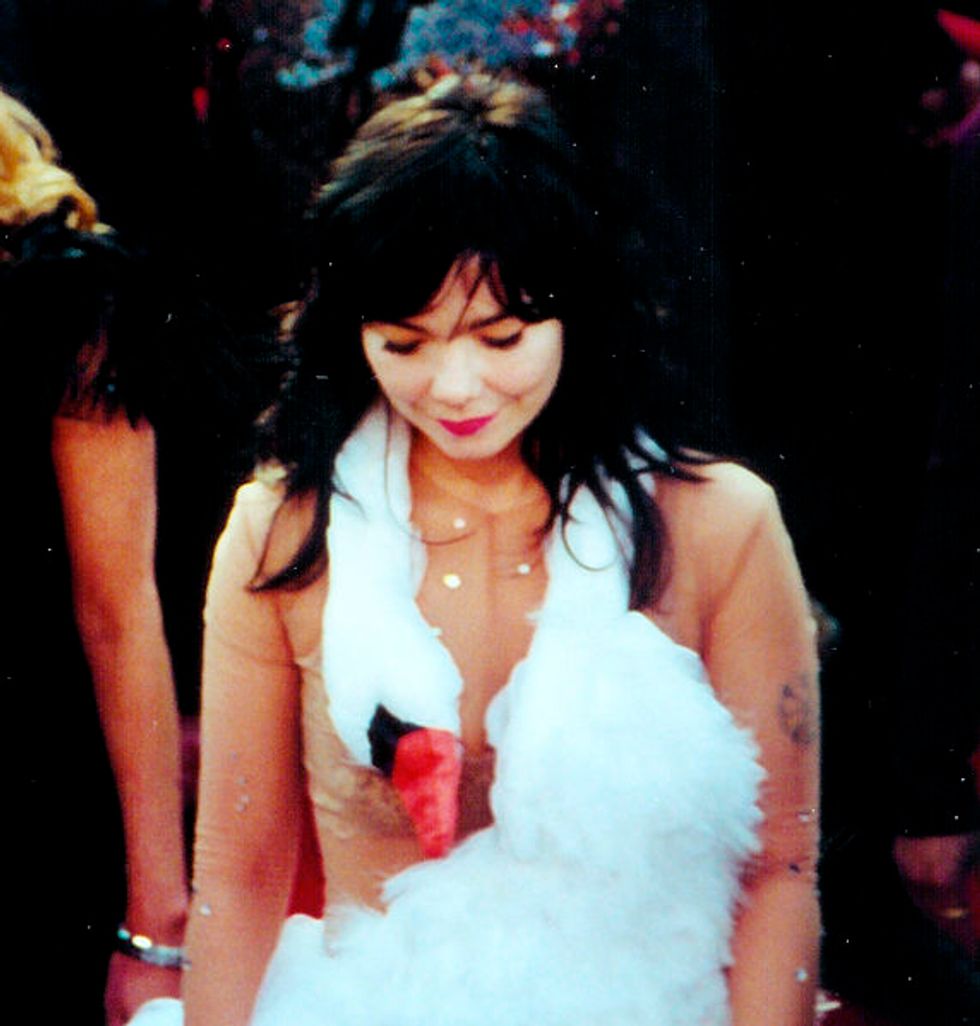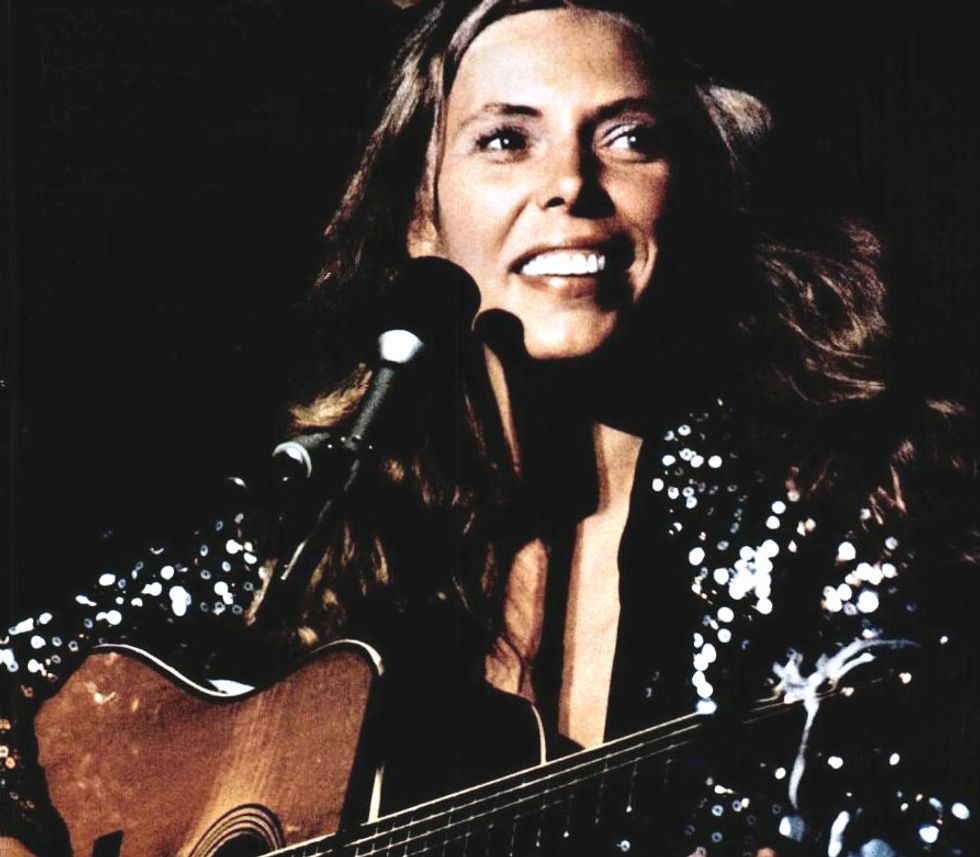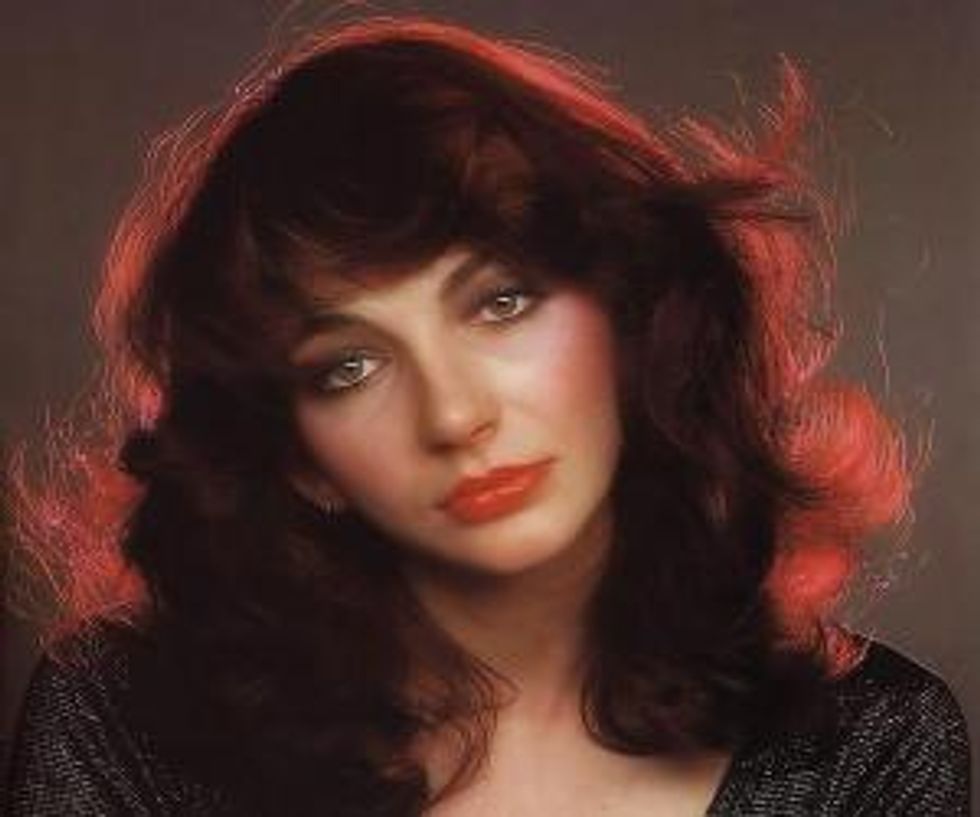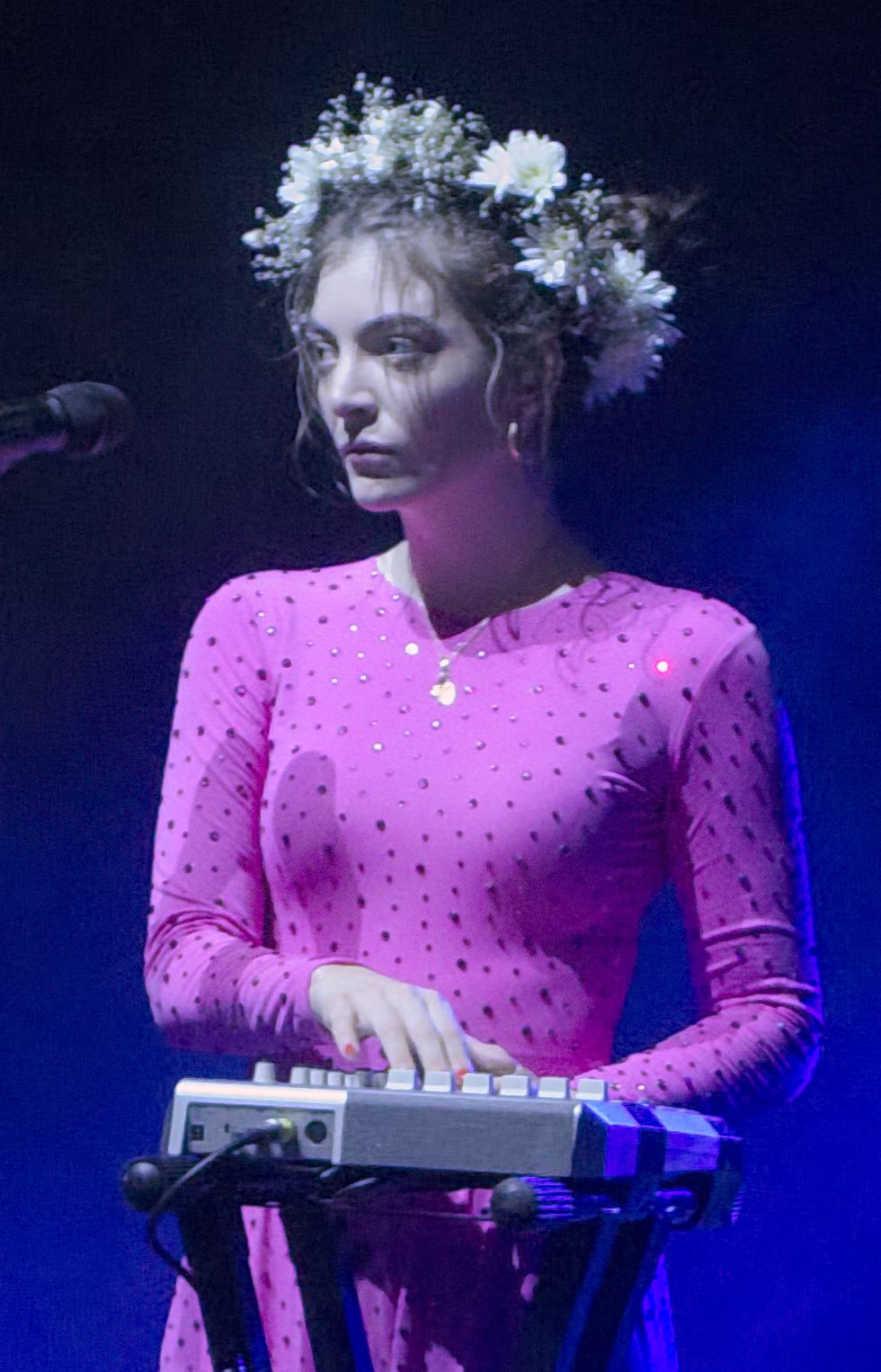Over the past few decades, we’ve seen the emergence of a few prominent female artists that expertly straddle the line of popular and critical appeal. In fact, we can basically split them up by decade, in which each had a nearly impeccable several album run that serves as the highlight of their careers.
In the 70s there was Joni Mitchell, in the 80s we had Kate Bush, and in the 90s we were graced by Björk, all of which possess an instantly recognizable style and voice. The 2000s were a bit different, as I feel popular and critically appreciated music diverted from each other more than ever before, but the 2010s has returned to that crossover to some extent. Lorde is that artist for our generation.
So, for those that don’t know the other names on the list, you deserve an introduction to their significance. Joni Mitchell began as a passionate singer/songwriter of folk music, self-producing nearly all her music, and bustled into the mainstream when she dropped 1971’s "Blue," which is still considered one of the finest folk records of all time.
Her following string of records presented us with increasingly complex dirges into jazz and pop, resulting in one of her biggest hits “You Turn Me On I’m A Radio” (written as a jab at her label when it wanted a “radio-friendly” hit) and her double platinum opus "Court and Spark." By 1976’s Hejira she was flirting with jazz fusion and working with jazz legends like Jaco Pastorius. Lorde spoke of Mitchell when discussing inspirations for her most recent record.
Kate Bush got her start early. In 1978, when she was just 19, she released the bubbling piano rock and art pop filled "The Kick Inside," and earned the first #1 self-written single for a female in the UK (the song “Wuthering Heights”). An incredibly gifted vocalist, instrumentalist, and songwriter, she would have the primary hand in the writing and production of all her subsequent work.
The 1980s would be where Bush truly shined, as she forged her way into baroque pop, synth pop, and art rock with three classic albums: "Now or Never," "The Dreaming," and "Hounds of Love." All increasingly grand, increasingly conceptual, and increasingly successful. She was recently inducted into the Rock and Roll Hall of Fame, and Lorde has cited her specifically as an inspiration for her most recent work. In her live shows, Lorde even comes out to the hit single “Running Up That Hill” from 1985’s "Hounds of Love."

In the 90’s, Icelandic Björk Guðmundsdóttir started her prolific solo career after cutting her teeth in the rock bands K.U.K.L. and the popular Sugarcubes. Like Mitchell and Bush, she commanded control of her work as the lead producer, composer, and performer. Her first record, 1993’s "Debut," she created a buoyant mix of dance-pop and electronic music, spawning several charting hits in the UK and US.
She came truly into her own with her follow up "Post," a much more eclectic display of art pop, electronic, and house music, with even a bit of jazz thrown in, and going platinum in the US and UK (her most successful release). However, her final record of the 90s, 1999’s "Homogenic," serves as her starkest artistic statement.
Diving into a chamber pop influence, the record fluidly combines grand string arrangements composed by Björk with icy electronic beats, creating something wholly unique and considered one of the greatest records of all time.
Skipping the aughties, for reasons stated above, this lands us in the 2010s, where Lorde (full name Ella Marija Lani Yelich-O'Connor) has taken the world by storm. At only the age of 16, she released Pure Heroine in 2013, which was written and produced entirely by her and Joel Little. Lead single “Royals” ruled the airwaves internationally that year, and Pure Heroine would go on to go multi-platinum in numerous countries.
The record was a unique mix of dream-pop with skeletal electronica, anchored by Lorde’s uniquely raspy voice and clever lyrics. The themes discussed on the record serve as one of its largest appeals, as Lorde proved to be incredibly in touch with the youth of today (heck, she still is one!). Ranging from the snarky and fun to incredibly personal and thematic, her words have resonated with people all over the globe.
While it was an incredibly long four years waiting for her sophomore record "Melodrama" (she was 20 upon release), the astounding amount of artistic progression shown justified the wait. Lead single “Green Light” was notoriously described as “incorrect songwriting” by Max Martin (writer of hits for Beyonce, Britney Spears, Katy Perry, and a plethora of others), yet has still gone on to be platinum certified (and be a total banger, of course).
"Melodrama" is a much more cohesive record than her debut, with the tracks serving as a loosely conceptual recount of a night out to a party. Sonically, there is a much greater deal of variety, with a distinctly 80s inspired sound fusing synth pop, dance pop, and gorgeous piano ballads. Track “Writer in the Dark” is distinctly Kate Bush-inspired, combining echoing piano with an incredibly affecting chorus, channeling vocals much like Bush’s own pitchy soprano.
The album, "Melodrama," is even reminiscent of Bush’s own "Hounds of Love." Lorde continues to display her incredible understanding of the relationship culture of today, providing mature commentary on hookup culture, feeling “left out,” and the over-analyzation of situations made possible in the age of texting and the internet. Songs like "Supercut" and "Hard Feelings/Loveless" are some of her finest yet, and hint at more complex textures and song structures that may be coming in her future.
Lorde has no equal in today’s music scene. If she continues on this path of development, her artistic vision is sure to assert her spot in the pantheon of art pop legends. I’m incredibly excited to see what she comes out with next and I hope it is an even more challenging work. I would love nothing more than to see her given the reigns completely and release something truly left-field.
Her next record will be her first released as an adult, which is difficult to comprehend based on how fully formed her work already is, but I hope the newfound maturity continues to show. She is incredibly connected with the modern world, and I want her to continue to translate that into her work by tackling more difficult themes and musical templates.
























